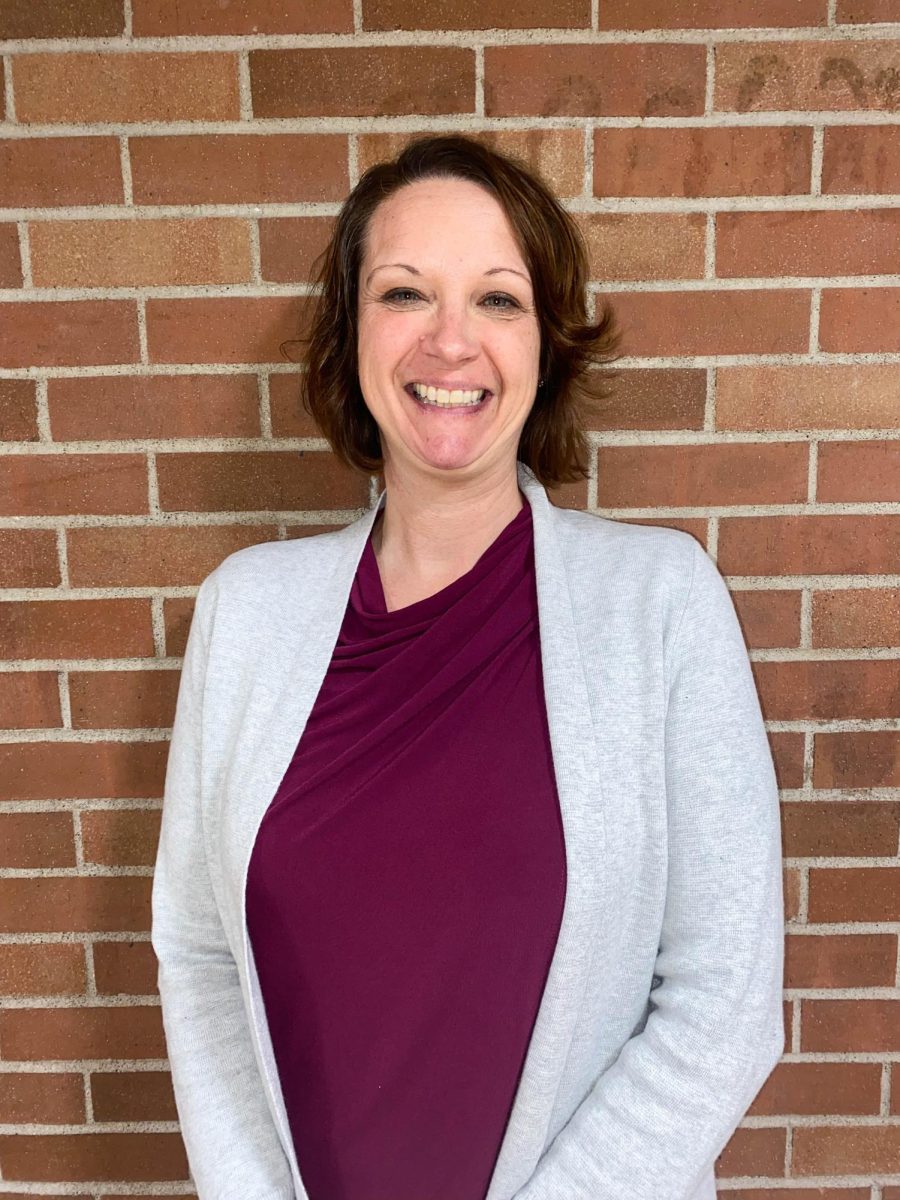Michaela Gaffke/Winonan
The Society for Collegiate Journalists presented the “Women Journalist Q & A” in Gildemeister Hall at 6:30 p.m. on Thursday, Nov. 5.
The panel was comprised of journalists Sarah Squires from the Winona Post, Anne Jungen from the La Crosse Tribune and Marrisa Block, a former journalist for the Rochester Post-Bulletin.
To open the discussion, professor Cindy Killion listed statistics about women in journalism.
In 2013, Media Matters for America found that 38 percent of newsroom staff were women, and this has remained the same for 14 years. Women are also most likely to cover lifestyle and culture stories and only earn 87 percent of what their male counterparts earn in the field.
Club member Kim Schneider planned the event and moderated the panel. She asked if the journalists have ever experienced discrimination while on the job.
Squires said from her sources, yes, but in the newsroom, no. She said she was lucky enough to have worked in small newsrooms during her career, and believes that has kept her from experiencing discrimination.
Squires said her sources think she will not be assertive, but will be sweet. She has been called overly aggressive, and believes men do not face that assumption.
Jungen said she could not think of any situations she felt discriminated against. She said establishing oneself and one’s reputation is the most important thing.
Senior Emily Dean sought advice for someone who has a hard time asserting themselves.
Block said to gain experience, and to not let the fact that you are new in the field hinder yourself. She also said to jumpstart your career by interning or taking lower paid jobs for the experience. Block said her extensive resume helped her get a job after school.
Squires advised Dean to use the youthful energy and enthusiasm young people have to take it to the next level. She said public speaking experience is very valuable, as well as the millennial generation’s understanding of social networking and technology.
Block said to find a mentor, and listen to the harsh feedback in college and learn from it.
Jungen said the news room lifestyle can be tough work because every day is different.
“Have thick skin,” Jungen said. “It is still fun because you have freedom.”
Block said no matter what, one’s writing will be criticized.
Squires said she carried a nasty letter from a reader with her from job to job.
“Some of the nastiest letters make you think. You got someone angry, and you got their attention and stirred emotion,” Squires said.
Jungen also commented on negative reactions.
“You find little sources of encouragement then someone will call you later and threaten you with a lawsuit,” Jungen said.
Jungen said journalists are trained to write and report, but not trained on the topic they are reporting.
Jungen advised writers to become friends with people within their beat. This way, writers have someone there to answer questions about the subject, which will help the article sound more credible.
Schneider asked the question, “Have you faced any obstacles during job interviews because of your gender?”
Squires said her personal obstacle is that she looks younger than she is, and often people think women are more cut out for fluffy articles and not hard news.
“People tend to think you’re a pushover when you get into hard news,” Squires said.
Jungen agreed, and offered further advice to aspiring female journalists.
“You have to establish yourself, and that you care,” Jungen said. “Establish a ‘don’t bullshit me’ attitude.”






























































